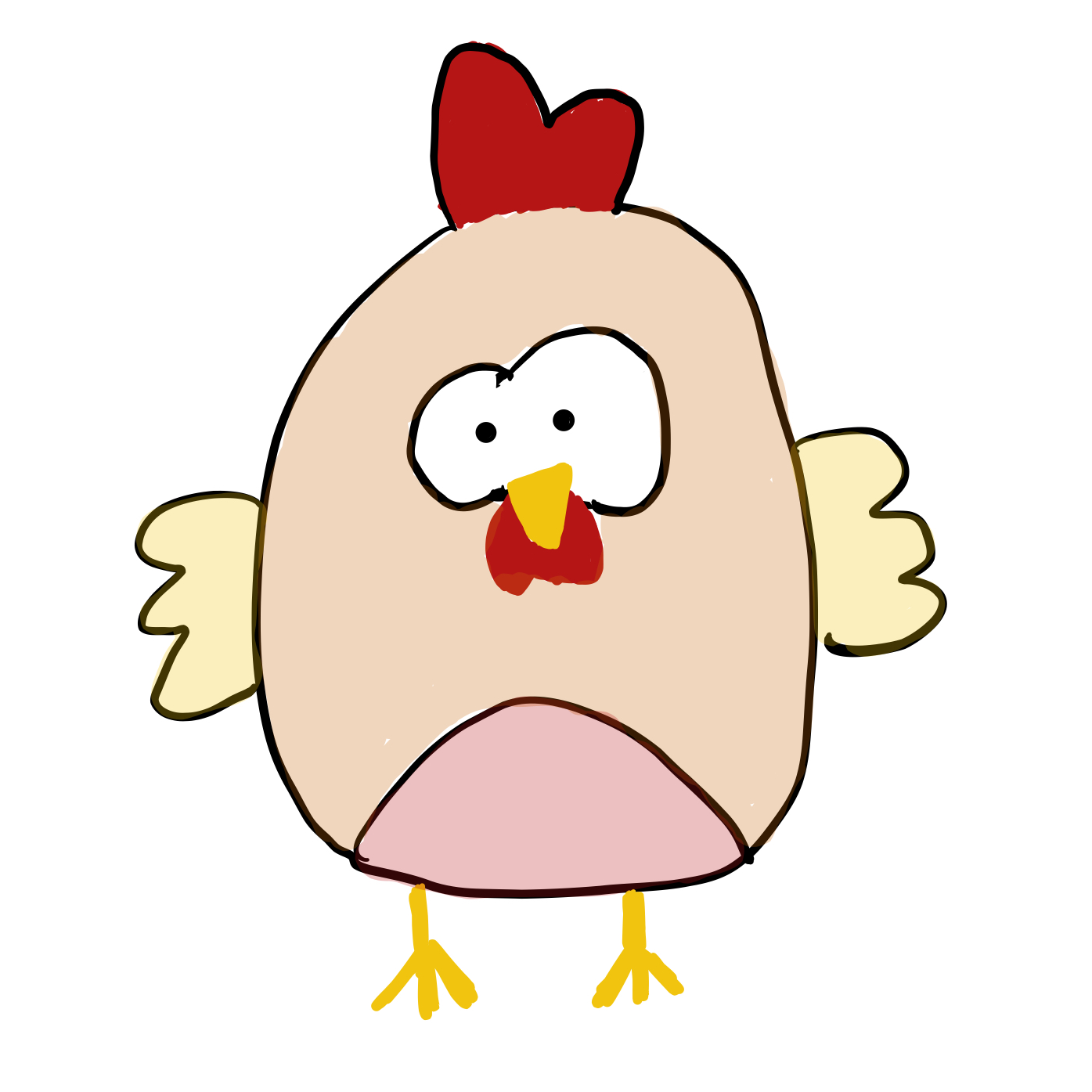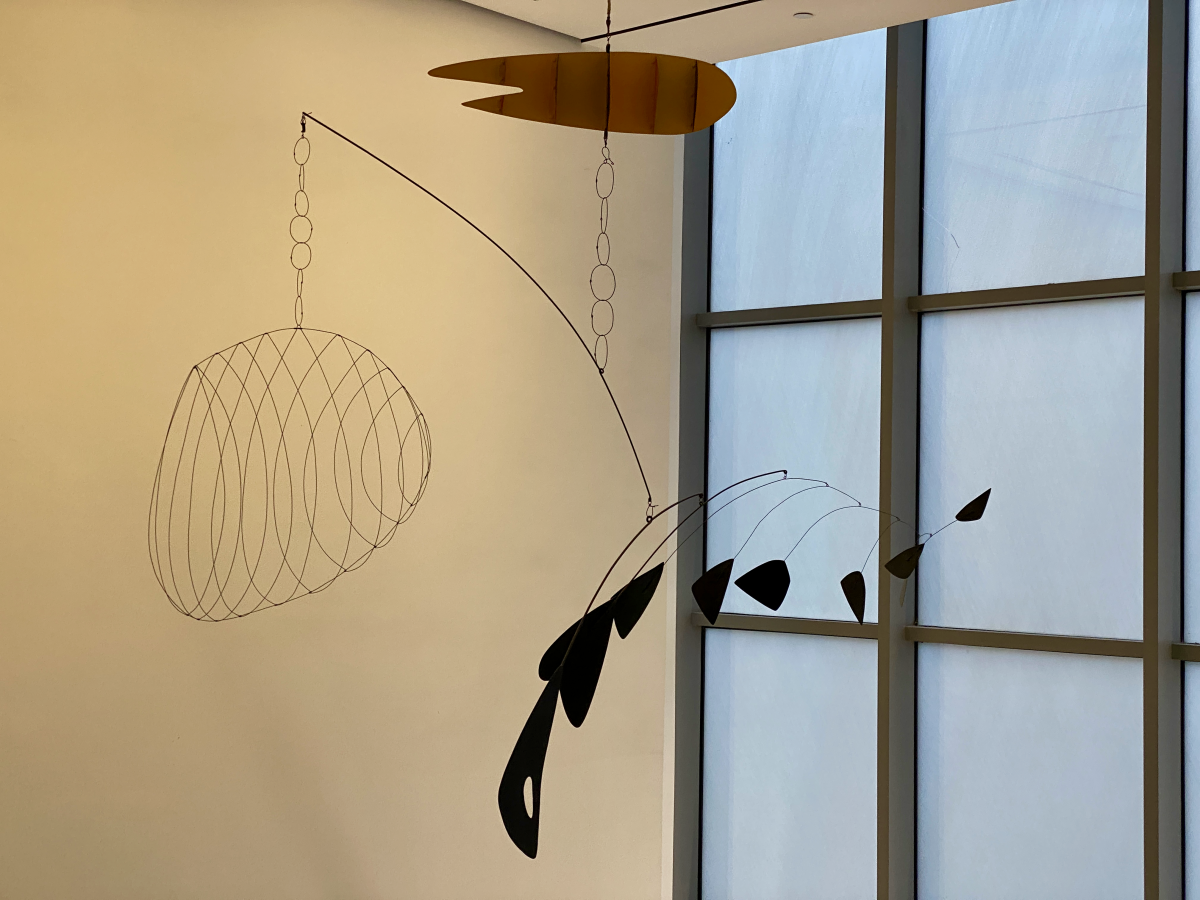Often, the first thing people ask me is what’s your “thing” (i.e., what you are good at, what you want to do in the future). I always answer that I want to find out “what is intelligence?” This seems to fit in my portfolio of (science) projects I did in middle school and high school, which revolved around finding out why animals behave the way it is or engineering Artificial Intelligence to seem, well, less artificial.
However, in retrospect, I realized that I wasn’t sure about my interests at all when pursuing these projects. It wasn’t that I knew I was interested in researching intelligence so I did all the projects. My interest was “developed” in the sense that I kept making decisions and coming up with reasons to persuade me that the decision was “right”, that I should “keep going”. Failures are times when I reflect on the reasons and see if I can still persuade myself in continuing; otherwise, I stop and switch to do other things.
For my biology project that spanned 6-7th grade, I was investigating the collective behaviors of fish. The reason why I did the project was not because I was certain that animal behavior was a field I am most interested in but just so happened to be an application of computer skills I had acquired at the time. I learned C in 4-5th grade since I wanted to code more complex programs for my Lego NXT (in Not eXactly C), and the graphical LabVIEW-like programming environment was just not enough to build a Lego Rubik’s cube solver. For the biology project, I utilized my programming skills to create a computer simulation for the observed animal behavior mechanics (which were very basic and did not rely on any complex high school mathematics). Interestingly, since not many biology contestants in the science fair knew how to code so my project was deemed “different” from other projects by the judges and won a good award.
The same goes for my current interest in Reinforcement Learning (a subset of Machine Learning). At first, my parents asked me if I wanted to take some online courses about Machine Learning since the field gained a lot of traction around 2017 (perhaps it has to do with the AlphaGo tournaments in 2015-2016). I was open to the idea, so I audited Professor Andrew Ng’s Coursera course on Machine Learning.
How did I get involved in Reinforcement Learning? It started with me wanting to go to the Intel Science and Engineering Fair (ISEF) as a finalist (Taiwan delegate) ever since middle school. Now equipped with Machine Learning knowledge, I began surveying past awarding projects and stumbled upon a project that was in the field of Reinforcement Learning. Not having adequate knowledge in the field, I watched Professor David Silver’s YouTube playlist on “Introduction to Reinforcement Learning”. The concept of Reinforcement Learning was interesting to me, so I did a science project on it and then failed to go to ISEF. 11th grade (2018) was the last year I could really focus on science projects (Taiwanese students usually focus on preparing for the national university entrance exam in 12th grade) so the result was a real setback for me.
But! A thought occurred to me: If I really were so interested in Reinforcement Learning research, I don’t necessarily have to submit a project to the science fair! Therefore, I asked my research advisor if I could do some research there and surprisingly he said: “Sure!” From then on, 2018 was a year of me writing research papers (until an hour before submission deadlines), delivering code, batch running experiments on multiple servers, all the while taking my SAT/ACTs and writing college applications (and clubs and schoolwork…). I wrote a lot of papers — I think about 2-3 papers in 2018. I wrote about this process and Harvard liked it so I’m here in 2019.
Research Support on “Passions are Developed”
Stanford researchers seem to show that instead of “finding your passion”, “developing your passion” might be a better mindset that is less prone to failure. They found out that giving students too difficult materials on a subject they just found interesting had led them to drop interest in the subject. They suggest doing something first, and if the task appears interesting and you can find something next to contribution in, then just do it.
Of all my past science projects studying intelligence, I did them because I felt like I could do something in the area and the subjects were interesting enough for me to continue. The project in middle school was pretty successful and acted as positive reinforcement, telling me that animal behavior might be of my interest! On the other hand, the project in high school was a failure, and it forced me to reevaluate the reasons why I was doing the project and also what my interest truly lies in. Failures determine who we are.
After-thoughts
I have heard accounts about students in Harvard changing their concentrations senior year because they took some classes that completely blew off their minds. Many people here still don’t know what they want to do in the future. If you are someone who is confused about your life paths, feeling that you are not “super good” at something, it’s ok. Interests, passions, what you’re good at take time to evolve and are not inherent from when you were born. Just be patient.


Leave a Reply